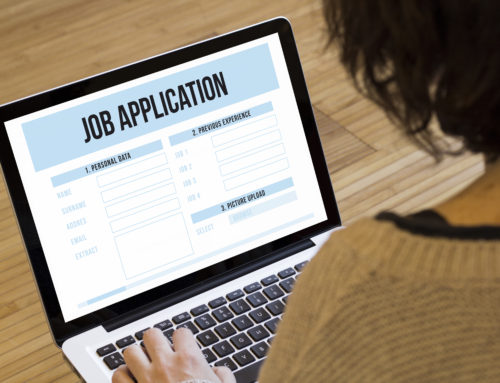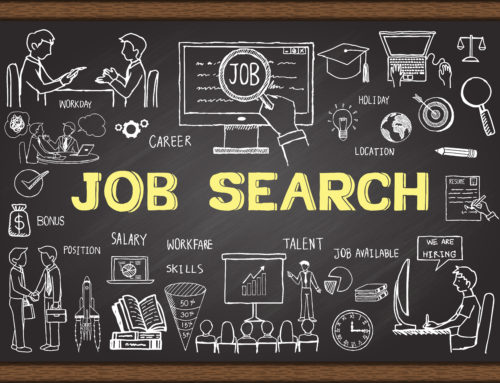As a job seeker, you’re probably all-too-aware of how difficult it can be to actually find the right position. What you may not realize is how difficult it can be for employers to find the right candidate.
There are so many factors that go into determining whether or not an individual candidate is the right fit for a given company’s needs and culture. Selecting the wrong candidate can cause problems on both sides of the equation. When it comes to working relationships, flow and natural alignment are incredibly important.
The trouble is that everyone puts their best foot forward in the interview process. This is not to say that candidates try to be deceptive during the interview. However, it’s only natural to try your best to align with the desires and needs of the employer so that you secure the position you want.
Letters of recommendation and reference checks can be an important tool that employers can use to get to know the “real” you and determine whether or not you’ll be a fit for the company over the long-term.
While it might be uncomfortable or a bit scary to ask someone to formally write down their opinion of you, a solid foundation of references and recommendations can go a long way in helping you find your next job.
If you plan ahead and compile a list of references so that you can get your recommendation letters now, it will ensure you’re prepared when a prospective employer requests a reference letter, or two.
It pays to plan ahead. Your search for references should start before your search for jobs. You’ll want to secure three to five people who are willing to write letters and make themselves available for one-on-one conversations with hiring managers.
Who to Ask for References
According to Chron, employers check three references on average for each candidate. However, you can’t have too many people in your corner, and it can be helpful to have a selection of people vouch for you who are knowledgeable about different aspects of your abilities. That way you can choose the best references for each type of company you’re applying to.
Find People Who Will Give You a Strong and Honest Endorsement
This goes without saying, but it’s important to know your references well. You need to select responsive people who can confirm where you worked, your title, your reason for leaving, details regarding your strengths, and why you would be a good employee.
It’s also important to have a good idea of what references are going to say about your background and your performance. Make sure that any information provided by your references corroborates what you have written in your resume and talked about in your interviews. Inconsistent information can jeopardize your chances at a job offer, or even cause it to be withdrawn.
Remember References Can Come From Anyone
If you don’t feel comfortable asking prior employers to write letters of recommendation, don’t worry. Business acquaintances, professors or academic advisors, customers, and vendors can all serve as references.
Get It In Writing
Whenever you leave a position you should ask for a letter of recommendation from your manager, especially if you had a good working relationship. It’s a good idea to ask right away because as time passes and people move on, it’s easy to lose track of previous employers and the memory of exactly how vital you were to an organization during your tenure may fade.
If you have letters in-hand in advance, you’ll have written documentation of your credentials readily available to give to prospective employers. But what about those supervisors you didn’t ask for a letter of recommendation when you moved on? It’s perfectly acceptable to contact them now to ask for a letter to include in your personal files.
How To Approach Someone For A Recommendation
Asking for a letter of recommendation requires a bit of finesse. Be sure to frame the request in an honest and thoughtful manner. Examples that work include “Do you feel you know my work well enough to write me a good recommendation letter?” or “Do you feel you could give me a good reference?”
Don’t forget to thank your reference writers with a thank you note. People like to feel appreciated and when they know they’ve been a big help to you, they may be more likely to help you in the future. An email thank you note is fine, but a hand-written thank you note may appear to be more thoughtful and might make a bigger impression.







Leave A Comment